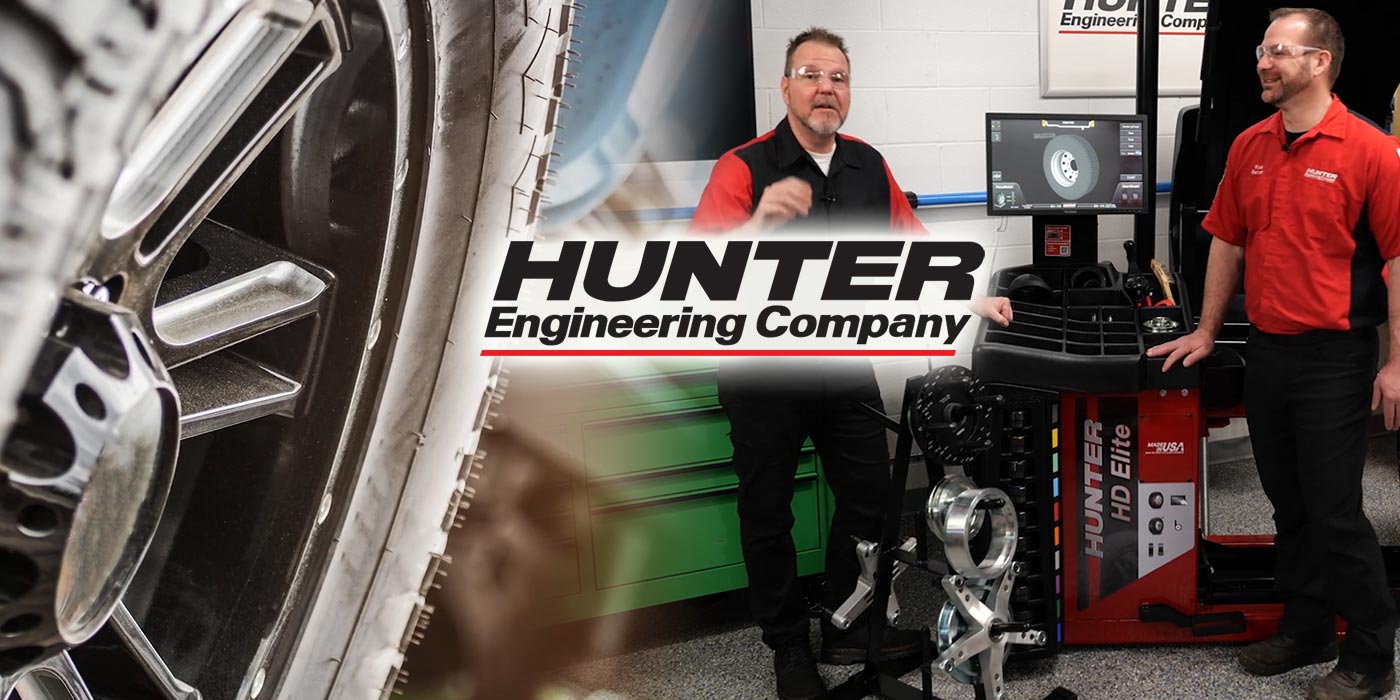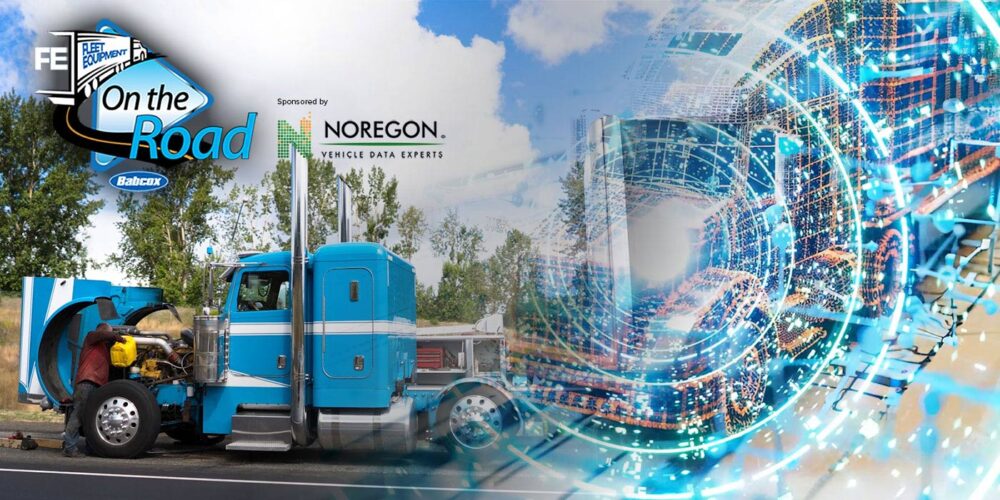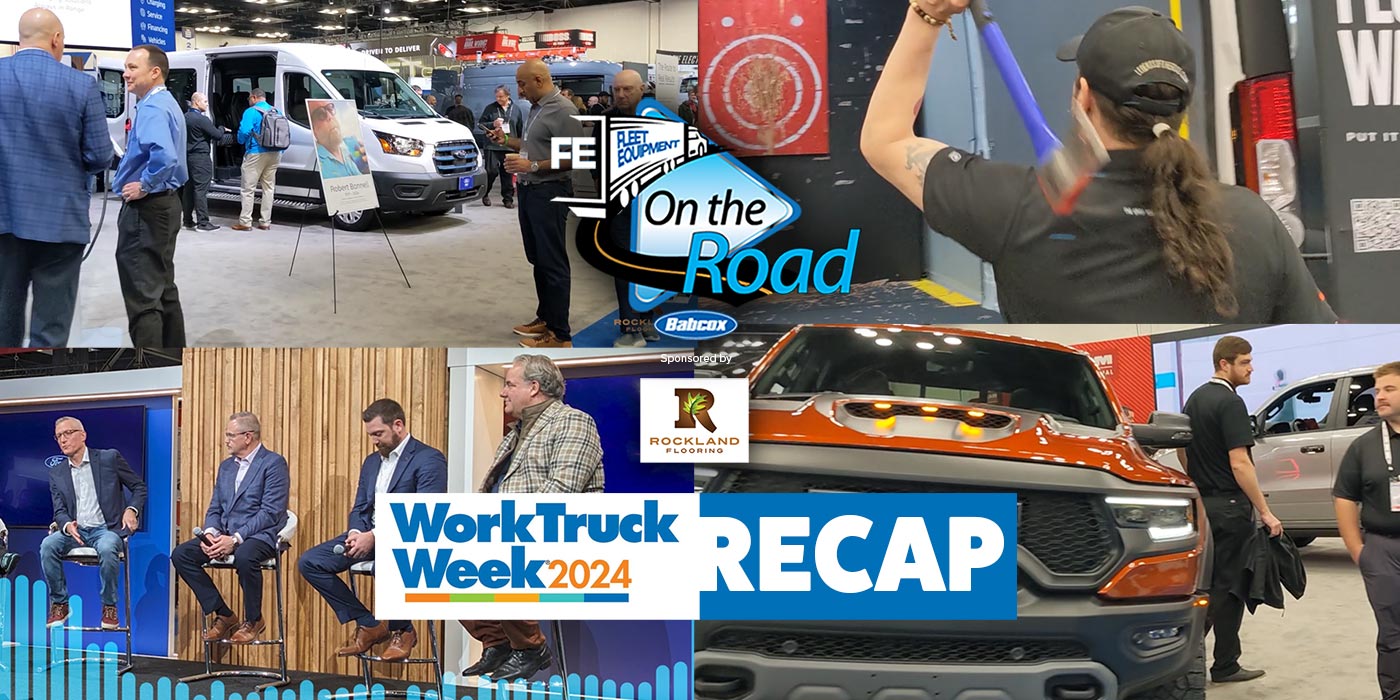Fleet management technology companies have begun developing advanced artificial intelligence (A.I.) technology in response to increasing demand for safer and more efficient transportation solutions. This technology is designed to help reduce accident rates by detecting potential hazards on the road and alerting drivers. As a result, fleet managers can make feedback-driven decisions to not only bolster safety, but also reduce maintenance costs, and improve fuel efficiency. I connected with Stefan Heck, chief executive officer and founder of Nauto, a provider of A.I. assist technology, to discuss the lasting impact of A.I. on fleet operations.
The most obvious reason fleets are employing artificial intelligence into their trucks–improved safety and incident response time. The Nauto A.I. co-pilot, for example, uses machine learning algorithms to monitor driver behavior and provide real-time feedback to improve driver performance. Here’s an obvious use case from Stefan.
“One is for actual collisions; it allows you to have your collision mitigation team immediately respond. They’ll call an ambulance, they’ll call a tow truck, they’ll send people out,” Heck said.
Shifting our focus towards optimizing fleet efficiency, identifying errors provides a direct avenue for addressing broader patterns evident in the collected data. To gain insight into how your operations compare with those of competitors, benchmarking is a valuable tool.
“The fleet will know at the aggregate level what its biggest risks are. And so can say, “Hey, we’re going to make distracted driving a major safety theme and use that in training for everybody, remind everybody.” And they know exactly what’s their biggest risk,” Heck said. “You actually get a scorecard that says, ‘Here’s how you benchmark compared to other fleets. Great, you’re better than average, but you still have a gap in distracted driving.’ It’s very specific to the fleet. It will also show you, if it’s a large fleet that’s nationwide, it’ll show you which region and which locations are at higher risk. Almost always we see certain parts of the country are riskier.”
Should some members of your team require additional training that may not apply to the majority, it’s essential to approach these corrections on an individual basis rather than adopting a broad approach:
“The last part is really individual drivers. I’ll go back to the drowsiness example. We talked about, at the beginning of this call, if only 2% of your drivers are drowsy, you really don’t want to do a broad, ‘Hey everybody, stop being drowsy’ campaign because 98% of your drivers are awake. You do, however, want to have a coach or a safety person talk to those drivers that are falling asleep and understand if there’s something to be done about it. Sometimes the change can be very simple.”
So which application would benefit the most from the implementation of this technology?
Watch the video above for the answer.













